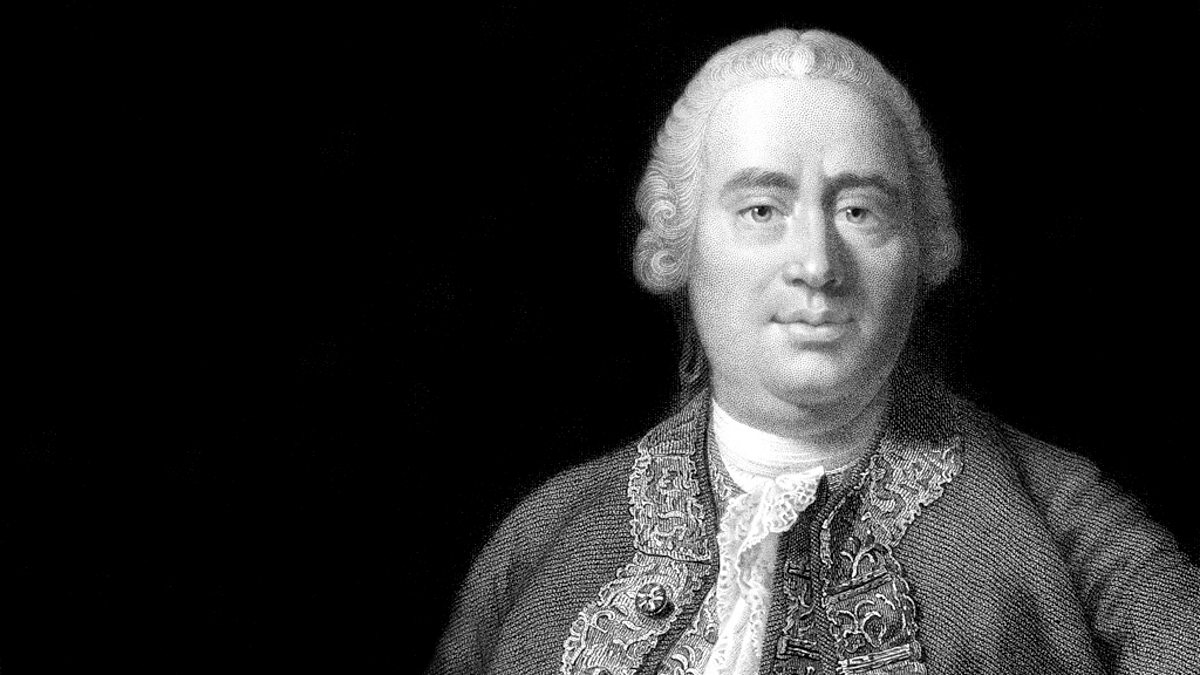I’d like to share the process of porting the original codebase from ~67,000 lines of C code to ~81,000 lines of Rust
Interesting outcome. Rarely (basically never) do you see "it's more verbose to write in $LANG2 what would be written in fewer lines if you were using $LANG1" touted as a positive.
